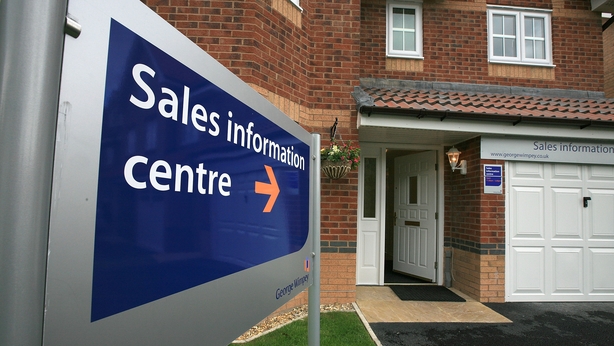Berkeley Group has raised its annual profit outlook, after sales recovered to pre-Covid levels on strong demand in an under-supplied UK housing market that helped the high-end homebuilder post higher interim profit.
Berkeley, which operates mainly in London, Birmingham and the South of England, said it has increased its earnings outlook for the current fiscal year by 5%.
It also said it anticipates 5% annual profit growth for the next three years.
Cheap mortgages have underpinned the UK housing sector after a tax holiday introduced to prop up purchases was phased out in September, while robust house prices have helped the builders tackle cost pressures from supply chain disruptions, fuelled partly by Brexit and the Covid-19 pandemic.
"We have continued to deliver, progressing construction across our portfolio of 64 live projects. These include 30 long-term, highly complex regeneration sites, of which 25 are now in delivery," chief executive Rob Perrins said.
Berkeley in September had warned of construction cost inflation and supply chain woes.
It said it continues to have sufficient labour, with overall sales prices offsetting the hit from higher costs.
Pre-tax profit for the six months ended October 31 stood at £290.7m compared with £230.8m a year earlier.
Top three British homebuilders Barratt Developments, Persimmon and Taylor Wimpey have all forecast strong demand in spite of persistent supply chain woes.
Meanwhile, Taylor Wimpey said its chief executive Pete Redfern will step down from his role after spending more than 14 years at the helm.
Redfern was previously the CEO of UK housing land development firm George Wimpey and oversaw its merger with Taylor Woodrow that created Taylor Wimpey in 2007.
He then took over as the chief executive of the combined entity.

Taylor Wimpey, among the top three biggest housebuilders in Britain, said Redfern would continue to lead the company and remain on its board until a successor has been appointed.
The company had raised in August its annual earnings outlook after swinging to a profit in the first half of the year as its revenue almost tripled to £2.20 billion.
Shares of the FTSE 100-listed company have lost about 30% of their value during Redfern's tenure, lagging the wider index's 11% rise over the same time.

